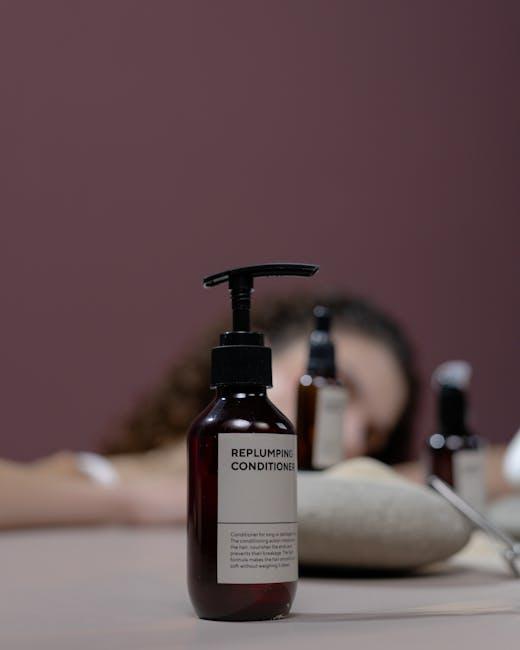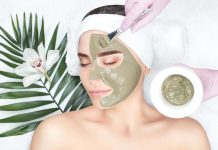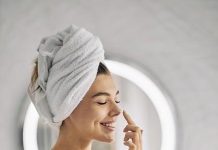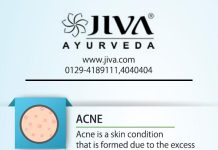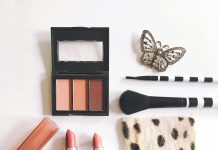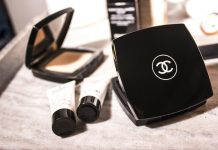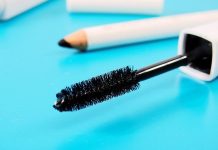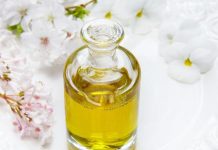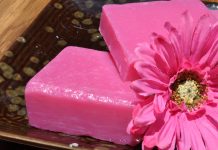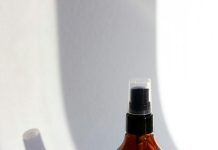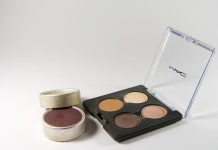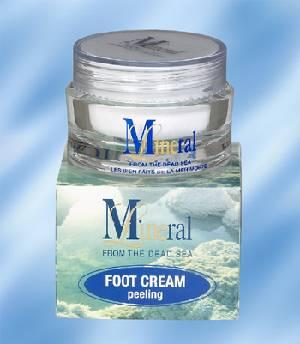In the bustling aisles of beauty stores, shelves brim with promises of radiant skin and timeless allure. Yet, beneath the glossy labels and enticing fragrances lies a word that often sparks debate: parabens. For some, these preservatives are a harmless staple of skincare; for others, a potential peril lurking in their lotions and creams. As consumers grow more conscious of the ingredients they apply to their skin, the question arises: should parabens be avoided, or is their reputation more myth than menace? Join us as we delve into the world of skincare science, exploring the facts, fears, and everything in between.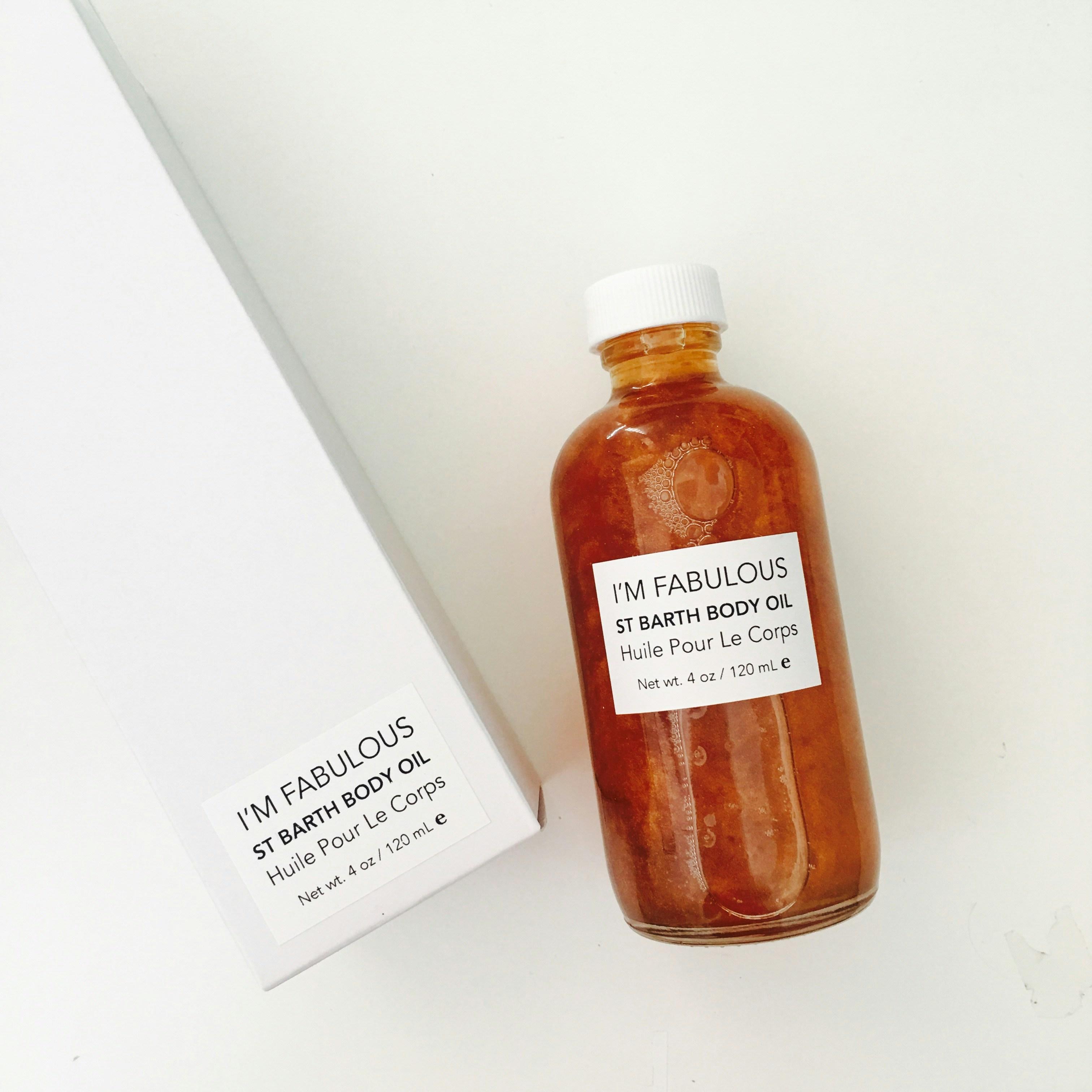
Understanding Parabens: What Are They and Why Are They Used?
Parabens are a group of synthetic compounds widely used as preservatives in the cosmetic and pharmaceutical industries. They are effective in preventing the growth of harmful bacteria and mold, thereby extending the shelf life of products. Commonly found in lotions, shampoos, and other personal care items, parabens are identified by names such as methylparaben, propylparaben, and butylparaben. Their ability to maintain product integrity and safety is why they are favored in formulations.
Despite their widespread use, parabens have become a topic of debate. Here are some reasons why they are used:
- Antimicrobial Properties: They prevent microbial growth, ensuring products remain safe for use over time.
- Cost-Effective: Compared to other preservatives, parabens are relatively inexpensive, making them a popular choice for manufacturers.
- Stability: They do not easily break down in the presence of heat or light, which helps maintain the product’s effectiveness.
Understanding their role and the reasons behind their use can help consumers make informed choices about the products they incorporate into their skincare routine.
Exploring the Science: Are Parabens Harmful to Your Health?
Parabens, commonly found in a variety of skincare products, have been the subject of much debate. These preservatives are used to extend shelf life and prevent microbial growth. However, concerns have been raised about their potential health effects. Studies have shown that parabens can mimic estrogen in the body, which has led to fears about their role in hormonal disruption. Yet, regulatory bodies like the FDA and the European Commission’s Scientific Committee on Consumer Safety have deemed them safe in low concentrations.
For those considering avoiding parabens, it’s important to weigh the evidence. Here are some points to consider:
- Scientific Consensus: Most research indicates that parabens used in cosmetics are safe at current levels.
- Regulatory Standards: Agencies globally continue to monitor and regulate their use to ensure consumer safety.
- Personal Preference: Some individuals choose paraben-free products due to personal beliefs or sensitive skin.
Ultimately, whether to avoid parabens is a personal choice, often influenced by individual health concerns and lifestyle preferences.

The Debate on Parabens: Weighing the Pros and Cons
Parabens, a group of preservatives widely used in cosmetics, have sparked considerable debate. On the one hand, they are praised for their ability to extend the shelf life of products by preventing the growth of harmful bacteria and mold. This makes them a cost-effective choice for manufacturers and ensures that consumers receive a safe product. Parabens are effective in low concentrations, which is why they’re found in a variety of items from shampoos to moisturizers.
Conversely, concerns about potential health risks have led to a surge in demand for paraben-free alternatives. Critics argue that parabens can mimic estrogen in the body, potentially leading to hormonal disruptions. This has fueled ongoing research and discussion within the scientific community. Here are some points to consider when evaluating your skincare choices:
- Effectiveness: Parabens are proven preservatives that help maintain product integrity.
- Safety Concerns: Some studies suggest a link between parabens and hormonal imbalances, though conclusive evidence is still lacking.
- Alternatives: Natural preservatives are available but may come with shorter shelf lives and higher costs.

Making Informed Choices: How to Select Paraben-Free Alternatives
Choosing skincare products without parabens can be a daunting task, given the plethora of options available. To simplify your search, focus on reading labels and understanding ingredient lists. Opt for brands that clearly state their commitment to being paraben-free, and look for certifications from reputable organizations.
- Research Ingredients: Familiarize yourself with common paraben substitutes like phenoxyethanol or natural preservatives.
- Check for Certifications: Look for labels such as “Certified Organic” or ”Natural” that often indicate a lack of synthetic preservatives.
- Read Reviews: Customer feedback can provide insights into the product’s effectiveness and any potential skin reactions.
- Test Before You Commit: If possible, request samples to test how your skin reacts before purchasing full-size products.
Ultimately, making informed choices requires a bit of research and attention to detail. By doing so, you can ensure that your skincare routine aligns with your personal health and wellness goals.
